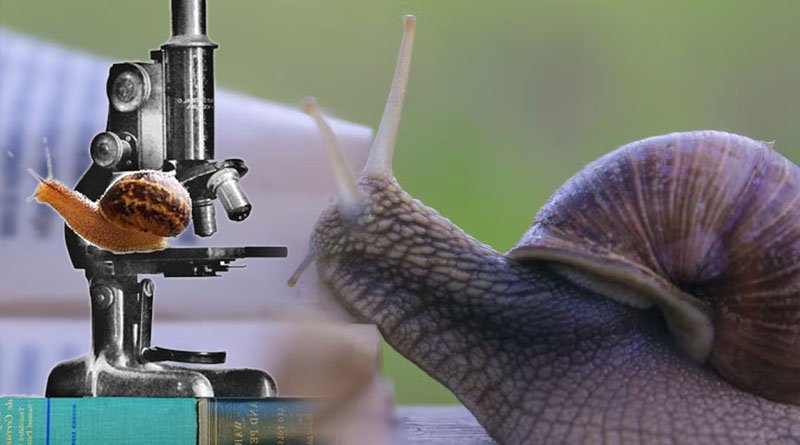“The nature of research is shifting” as incremental innovations become more common, senior study author Russell Funk said.

The rate of ground-breaking scientific and technological innovation is slowing down despite a growing amount of knowledge, according to an analysis released on Wednesday of millions of research papers and patents.
While previous research has shown downturns in individual disciplines, the study is the first that “emphatically, convincingly documents this decline of disruptiveness across all major fields of science and technology”, said lead author Michael Park.
Park, a doctoral student at the University of Minnesota’s Carlson School of Management, called disruptive discoveries those that “break away from existing ideas” and “push the whole scientific field into new territory”. The researchers gave a “disruptiveness score” to 45 million scientific papers dating from 1945 to 2010, and to 3.9 million United States-based patents from 1976 to 2010.
From the start of those time ranges, research papers and patents have been increasingly likely to consolidate or build upon previous knowledge, according to results published in the journal Nature. The ranking was based on how the papers were cited in other studies five years after publication, assuming that the more disruptive the research was, the less its predecessors would be cited.
The biggest decrease in disruptive research came in physical sciences such as physics and chemistry. “The nature of research is shifting” as incremental innovations become more common, senior study author Russell Funk said.
One theory for the decline is that all the “low-hanging fruit” of science has been plucked. If that were the case, disruptiveness in various fields would have fallen at different speeds, Park said. But instead “the declines are pretty consistent in their speeds and timing across all major fields”, Park said, indicating that the low-hanging fruit theory is not likely to be the culprit.
Instead, the researchers pointed to what has been dubbed “the burden of research“, which suggests there is now so much that scientists must learn to master a particular field they have little time left to push boundaries.
This causes scientists to “focus on a narrow slice of the existing knowledge, leading them to just come up with something more consolidating rather than disruptive”, Park said. Another reason could be that “there’s increasing pressure in academia to publish, publish, publish, because that’s the metric that academics are assessed on”, he added.
The researchers called on universities and funding agencies to focus more on quality, rather than quantity, and consider full subsidies for year-long sabbaticals to allow academics to read and think more deeply.
“We’re not getting any less innovative as a species,” Park emphasised, pointing to recent breakthroughs, such as the use of mRNA technology in Covid-19 vaccines, or the measurement of gravity waves in 2015.
Jerome Lamy, a historian and expert in the sociology of science at France’s CNRS research agency, who was not involved in the research, said it showed that “ultra-specialisation” and the pressure to publish had increased over the years.
He blamed a global trend of academics being “forced to slice up their papers” to increase their number of publications, saying it had led to “a dulling of research”.
Some people argue that we are seeing a slowdown in scientific and technology innovation because we have reached the limits of what is possible with current technology, while others believe that we are simply in a lull and that innovation will pick up again in the future. But it is important to continue supporting and investing in research and development in order to drive innovation and make new scientific discoveries.
Originally published at NST